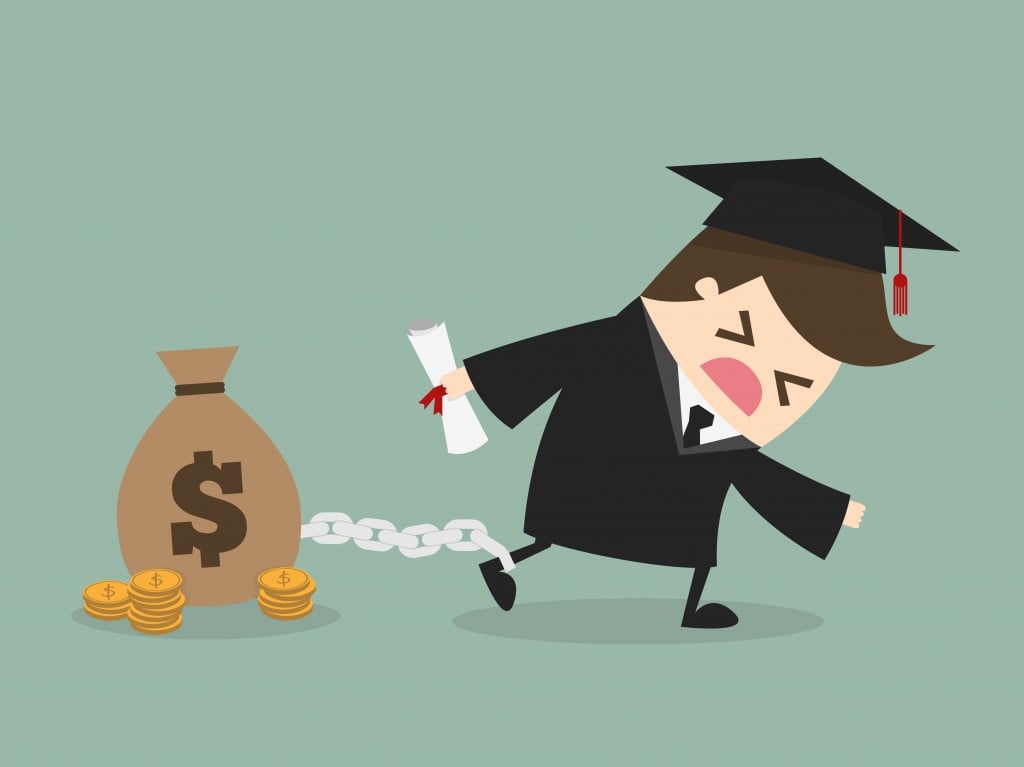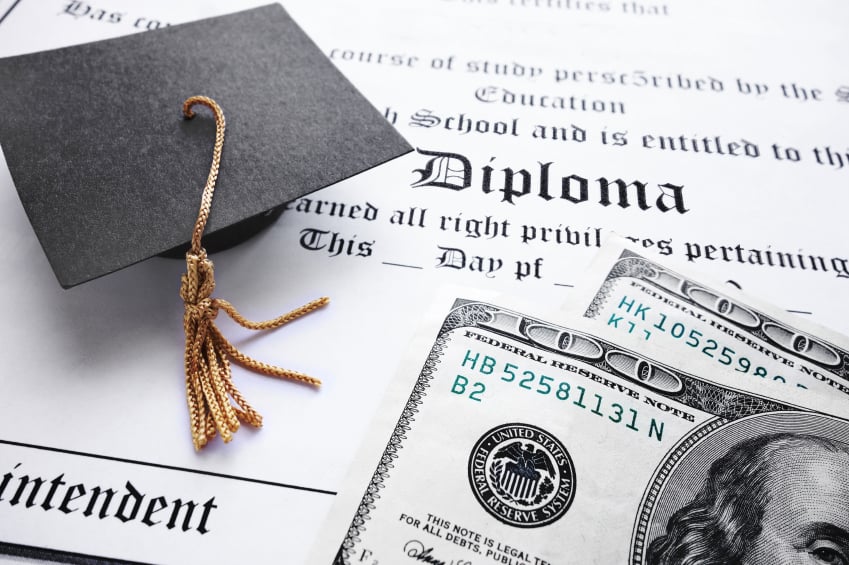You might have heard: The
U.S. government wants Apple to unlock
an iPhone 5C that belonged to San Bernardino shooter Syed Farook. The
order, handed down by a U.S. magistrate judge, demands Apple (
AAPL)
write new software that would help the FBI get around the passcode so
it can search the phone for evidence. And Apple isn't playing ball.
The FBI was successful in getting the order issued
thanks to a law from 1789 for just this kind of situation: A federal
court asking a third party to help a different government entity. But
that doesn't matter -- this fight has quickly become an ethical one, and
both prominent individuals and corporations are making it clear where
they fall based on such lines.
So: On which side of the dividing line do the power players in and around Corporate America stand?
With Apple:
ACLU: The civil rights group
released a statement calling the order "an unprecedented, unwise, and unlawful move by the government."
Amnesty International: In a similar
statement,
Amnesty said that Apple is, "right to fight back in this case: the
FBI's request... would set a very dangerous precedent. Such backdoors
undermine everyone's security and threaten our right to privacy."
Anonymous:
On its official Twitter feed, the hacker group has been retweeting
Edward Snowden and others sharing concerns about the FBI's request.
Anonymous also said the
White House, "willfully misrepresents what govt is asking Apple to do in order to expand surveillance powers."
Edward Snowden: The privacy crusader
said on Twitter that
the FBI is "creating a world where citizens rely on Apple to defend
their rights, rather than the other way around." He added: "This is the
most important tech case in a decade."
Electronic Frontier Foundation (EFF): This digital civil liberties group
tweeted that, "Encryption backdoors would harm us all."
Google (
GOOGL): CEO Sundar Pichai
said on Twitter that "forcing companies to enable hacking could compromise users' privacy" and it "could be a troubling precedent."
Information Technology Industry Council, a Washington advocacy group that represents the interests of the likes of Google, Facebook (
FB), Microsoft (
MSFT), and others, said in a
statement
that the fight against terrorism, "is actually strengthened by the
security tools and technologies created by the technology sector, so we
must tread carefully."
Microsoft: The company has not issued its own
statement, but CEO Satya Nadella retweeted a statement from Reform
Government Surveillance, a group in which Microsoft was a founding
member. The statement reads, in part, "T
echnology companies should
not be required to build in backdoors to the technologies that keep
their users' information secure. RGS companies remain committed to
providing law enforcement with the help it needs while protecting the
security of their customers and their customers' information." The Verge called it "tepid support" by Microsoft so far.
Mozilla, the maker of Firefox: The company
tweeted that it stands with Apple, because "we should not set a dangerous precedent."
WhatsApp: CEO Jan Koum
wrote
on Facebook, "I have always admired Tim Cook for his stance on
privacy... We must not allow this dangerous precedent to be set. Today
our freedom and our liberty is at stake."
Twitter and Square: Jack Dorsey, chief executive of both the social network and the payments platform,
tweeted on Thursday evening, "We stand with Tim Cook and Apple (and thank him for his leadership)!"
Facebook (
FB): The company released a
statement
on Thursday just after Jack Dorsey tweeted his support. The statement
says: "We condemn terrorism and have total solidarity with victims of
terror. Those who seek to praise, promote, or plan terrorist acts have
no place on our services. We also appreciate the difficult and essential
work of law enforcement to keep people safe. When we receive lawful
requests from these authorities we comply. However, we will continue to
fight aggressively against requirements for companies to weaken the
security of their systems. These demands would create a chilling
precedent and obstruct companies’ efforts to secure their products."
View gallery

FILE - In this April 30, 2015, file photo, Apple CEO Tim Cook responds to a question during a news …
John McAfee: The anti-virus computer programmer wrote an entire Op-Ed at the
International Business Times
on Thursday. The headline declared, "An Apple backdoor is like giving
our enemies nukes." He continued that if the government gets what it
wants, "Our world, as we know it, is over. In spite of the FBI's claim
that they would protect the backdoor we all know that that is
impossible."
Against Apple:
China:
Apple CEO Tim Cook writes in his open letter that, "in the wrong
hands," software that could bypass the iPhone's passcode would be
dangerous. As the
New York Times writes,
Apple and other tech companies have argued in the past that, "creating
an opening in their products for government investigators would also
create
a vulnerability that Chinese, Iranian, Russian or North
Korean hackers could exploit." Indeed, China, as a nation, is likely on
the side of the U.S. in this case because it has proven, time and again,
that its government does not place a premium on privacy rights and that
it often takes its cues from what the U.S. does. If the FBI's order
sets the precedent that even the U.S. believes there are moments when it
can intervene and force technology companies to sacrifice privacy,
China and other nations may follow.
National Security Agency: Last year, NSA director Mike Rogers
joined
FBI director James Comey in warning tech companies against employing
encryption models that government and law enforcement cannot break when
needed.
Donald Trump: In a Fox News appearance,
Trump said that he agrees "100 percent" with the court order. "We should open it up," he said about the phone.
The White House: Press Secretary
Josh Earnest said
the FBI has the White House's full support in this fight, and defended
the order based on its scope, saying the government is "simply asking
for something that would have an impact on this one device."
So
the U.S. government is going up against Apple. And the government's
associated arms and entities are, understandably, on the side of the
order. But technology companies, and civil rights groups, are almost
across the board staunchly siding with Apple.
Culled from Yahoo Finance


